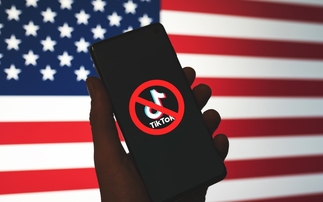If users aren't customers then they are not exempted from freedom of speech laws, says Judge
Yelp, the online business review site, has to identify the real identities of users that posted negative comments on the website, a US court has heard. Joe Hadeed of Hadeed Carpet Cleaning had s...
To continue reading this article...
Join Computing
- Unlimited access to real-time news, analysis and opinion from the technology industry
- Receive important and breaking news in our daily newsletter
- Be the first to hear about our events and awards programmes
- Join live member only interviews with IT leaders at the ‘IT Lounge’; your chance to ask your burning tech questions and have them answered
- Access to the Computing Delta hub providing market intelligence and research
- Receive our members-only newsletter with exclusive opinion pieces from senior IT Leaders






















